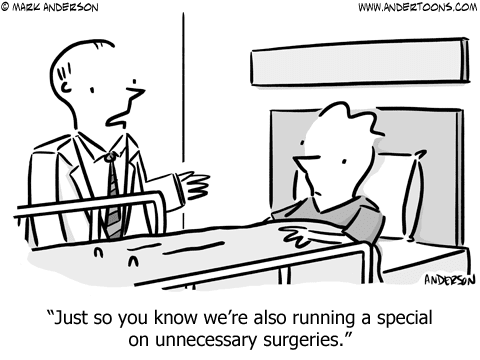| Answer
The Courts were asked to consider a similar case of a professional guitarist who paid to have medical treatment on a finger injury which was preventing him from playing. His costs were found not to be allowable because he also played the guitar as a hobby so there was “duality of purpose” and he failed the “wholly and exclusively” test.
It seems likely you would also fail the wholly and exclusively test since, presumably, one of the purposes of paying for the treatment is to enable you to enjoy other non-business sedentary activities.
There is a further case regarding a stunt man which gave a different view. He paid for the cost of a private operation on his knee. In his case the cost of the operation was held to be wholly and exclusively for the purposes of his trade because it was not essential to his private life. He could have waited and had the operation under the NHS but it was essential to his trade to have the operation quickly. He couldn’t perform with a bad knee.
|

